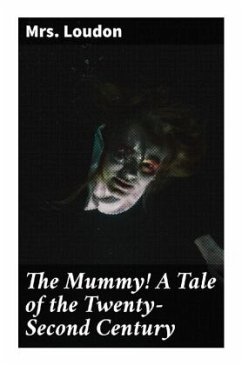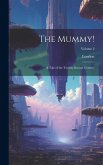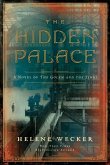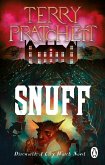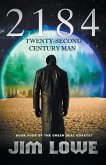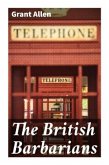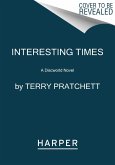In "The Mummy! A Tale of the Twenty-Second Century," Mrs. Loudon masterfully intertwines elements of Gothic fiction and science fiction, crafting a narrative that explores themes of resurrection and the ethical implications of scientific advancement. Set against the backdrop of a futuristic society, the novel presents a haunting yet fascinating scenario where an ancient Egyptian mummy is brought back to life, posing poignant questions about identity, mortality, and the essence of humanity. Loudon's engaging prose combines vivid imagery and satirical undertones, reflecting the social anxieties of her time regarding progress and modernization, making this work an intriguing study of early speculative literature. Mrs. Loudon, an accomplished novelist and advocate for women's right to education in the 19th century, was influenced by her scientific interests and the prevailing cultural fascination with Egyptology. Her background as a writer of popular and didactic literature, coupled with her advocacy for women's roles in intellectual discourse, resonates throughout this narrative. By focusing on a female perspective in a male-dominated literary tradition, Loudon positioned herself as a pioneer among early science fiction writers, pushing against societal boundaries. "The Mummy! A Tale of the Twenty-Second Century" is highly recommended for readers interested in the intersections of gender, science, and literature. Loudon's innovative approach not only entertains but encourages critical reflection on the implications of technological advancements. This novel is essential for anyone seeking to understand the precursors to contemporary science fiction and the societal debates that continue to echo into the present.
Bitte wählen Sie Ihr Anliegen aus.
Rechnungen
Retourenschein anfordern
Bestellstatus
Storno

